
Organisations
 Works with: pre-entrepreneurs and organisations
Works with: pre-entrepreneurs and organisationsWebsite: www.idea4africa.org
IDEA for Africa is short for Inspiring Development through Entrepreneurship and Action and serves as a platform organization to help establish, foster, and support an entrepreneurial mindset and spirit in Sub-Saharan Africa. In their daily work, IDEA for Africa has two main focus areas:
1) Entrepreneurship education among youth (particularly in secondary schools)
IDEA for Africa leverages key relationships with local agents, schools, companies and government organization and builds upon 15-years of best practices and programming to educate and support the African communities of young entrepreneurs and startup organizations.
2) Global Entrepreneurship Week
Every November countries all over the world celebrate Global Entrepreneurship Week. IDEA for Africa is the country's host for Global Entrepreneurship Week in Rwanda 2015 (www.gewrwanda.com). This year, Global Entrepreneurship Week takes place November 16-22 and will introduce numerous events, competitions and seminars all over Kigali and Rwanda. (link to news/calendar).
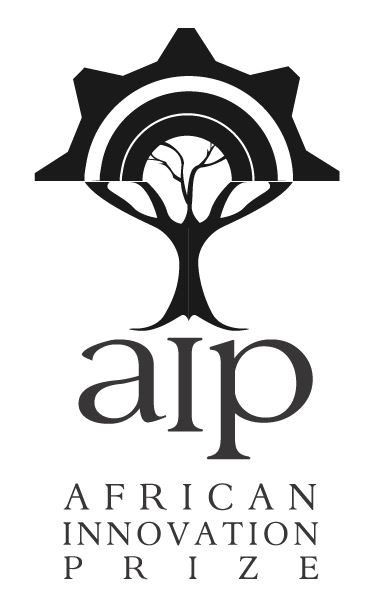 Type: NGO
Type: NGOWebsite: www.africaninnovationprize.org
Works with: Pre-entrepreneurship support
The African Innovation Prize (AIP) is a UK based non-profit organization founded in 2010 by Cambridge University Graduates with the aim to spur student innovation and entrepreneurship in Africa. Through university-based business planning competitions, AIP aims to encourage students to DREAM, DESIGN, and DEDICATE themselves to their business ideas. AIP also develops connections between students and the local enterprise community through seeding entrepreneurship clubs within universities, and brokering mentorship between students and local business leaders.
AiP runs a yearly business competition held at University of Rwanda and Akilah Institute for Women. The objective of the competition is to motivate students to innovate and make a difference in their community. The competition has two phases; in the first phase students may submit their business ideas, a panel chooses the winners who receive 200,000 Rwf. In the second phase, AiP conducts trainings on all campuses on how to write a business plan after which students are invited to submit their business plans. In 2015, approximately 60 students submitted a business plan. AiP does a screening and selects 10 students to do a pitch in front of a panel of judges who selects four winners who are awarded with 2 million Rwf to start up their business. The winners are enrolled in the Inkomoko program. Through this program, they receive free business advisory services, and the seed capital is given in installments based on the needs of the business.
 Type: NGO
Type: NGOWebsite: www.growmovement.org
Works with: Startups and established businesses
Grow Movement is a UK registered NGO, that connects African entrepreneurs to international business experts. The business experts are found all over the world and join the program voluntarily. The entrepreneurs are found through their main partner organization, Educat, and through advertising. To be eligible to join the program the entrepreneurs need to be able to communicate in speak English or French, have access to internet or be able to come to the Grow office for sessions and have a running business. Through 6 months, the business expert and the entrepreneur will have 12 sessions, where the entrepreneurs will receive business advice helping him or her to expand. Until now 110 entrepreneurs have completed the program in Rwanda and 13 are ongoing. Besides Rwanda, Grow Movement also works in Uganda and Malawi.
 Type: NGO
Type: NGOWebsite: www.kepler.org
Works with: Pre-entrepreneurship support
Kepler is a non-profit university program that blends online learning with in-person seminars and intensive education-to-employment support. Through a partnership with Southern New Hampshire University, Kepler graduates receive a US-accredited degree in either Communications or Health Care Management. In the first year, students go through an entrepreneurship module called “Ideas to Action”. Kepler is currently introducing an advanced entrepreneurship module that offers Kiva loans and business development support to a limited number of students. As of the 2015-2016 academic year, Kepler enrols approximately 300 students, who are selected through an extensive application process including both a written assignment and an interview. Most students receive a scholarship as well, but this depends on individual needs.
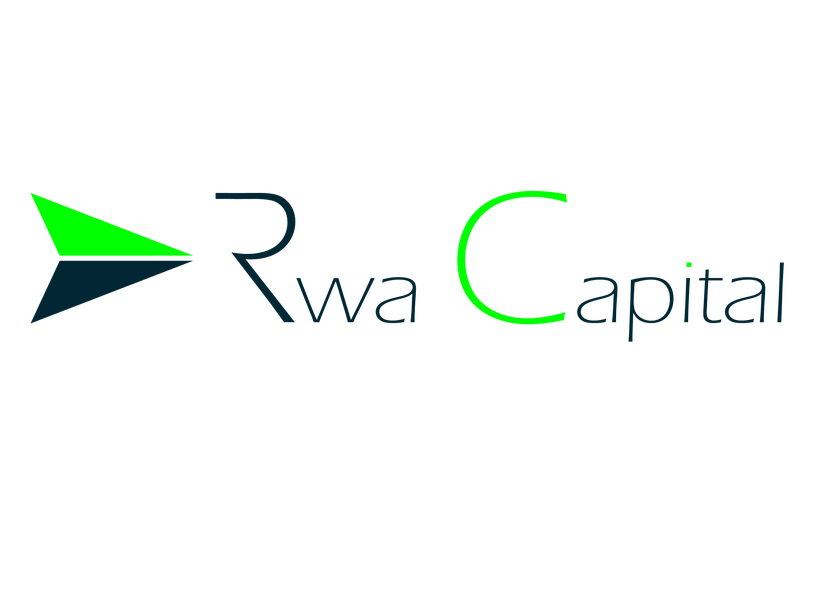 Type: Business
Type: BusinessWebsite: www.rwacap.com
Works with: Startups and established businesses
Rwa Capital operates as a venture capital fund providing early stage funding to small businesses and entrepreneurs. It operates under the holding company Rwa Business Group. Besides providing capital, they also support businesses with financial management, registration, technical advice etc., and they also offer a shared office space with access to internet. They invest between 5000 and 50,0000 USD in each company in exchange for equity. They did their first investment in 2014 and so far they have invested in five businesses, usually starting with a team of two people.
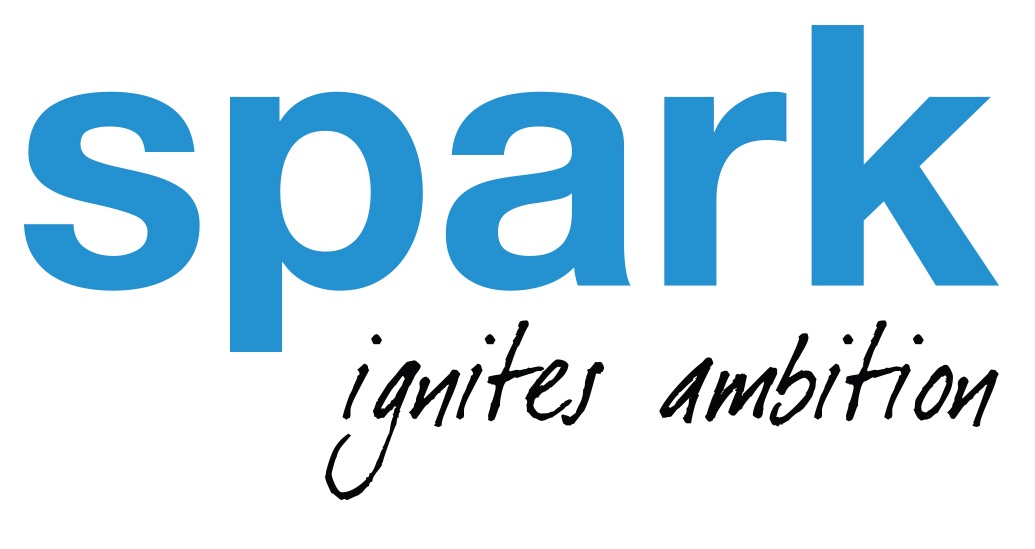 Type: NGO
Type: NGOWebsite: www.spark-online.org
Works with: Pre-entrepreneurship support, startups and established businesses
Spark is a Dutch NGO operating in Rwanda since 2011 through two main programs. One program gives support to agricultural cooperatives by creating value chain processes within maize, bean and potatoes as well as building the cooperatives’ capacity and equipping members with knowledge and skills of value chain processes, management, finance, and trade.
The second program is their entrepreneurship development program, where Spark works through partners to extend knowledge and skills within entrepreneurship. Most of Spark’s partners are institutions that work with youth such as universities. Spark sponsors activities and allows partners to conduct and manage the activities as a way of building capacity for the partners while reaching out to a big number of entrepreneurs. Currently, Spark works with the University of Rwanda: College of Business and Economics, INES Ruhengeri, RTUC/UTB – university of tourism, technology and business, Africa Development Consultants (ADC), and Association of Youth Genocide Survivors (AERG).
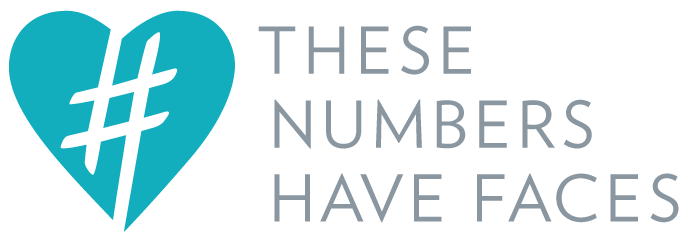 Type: NGO
Type: NGOWebsite: www.thesenumbers.org
Works with: pre-entrepreneurship support and start-ups
The second program, The Accelerate Academy, is new and focuses on entrepreneurship development among students who are soon to graduate, fresh graduates and alumni. After applying online, 100 applicants go through a three-day summit facilitated with top East African and American business leaders and finally around 30 promising entrepreneurs are selected; the first group was selected in August 2015. The majority of the group has a business idea and will go through a 14-week accelerator academy to develop their businesses. The rest of the group already has established businesses and will receive customized coaching and get connected with relevant investors. The target is to run the program once a year. Among other services in the program are monthly networking events, business linkages, and quarterly business leadership sessions
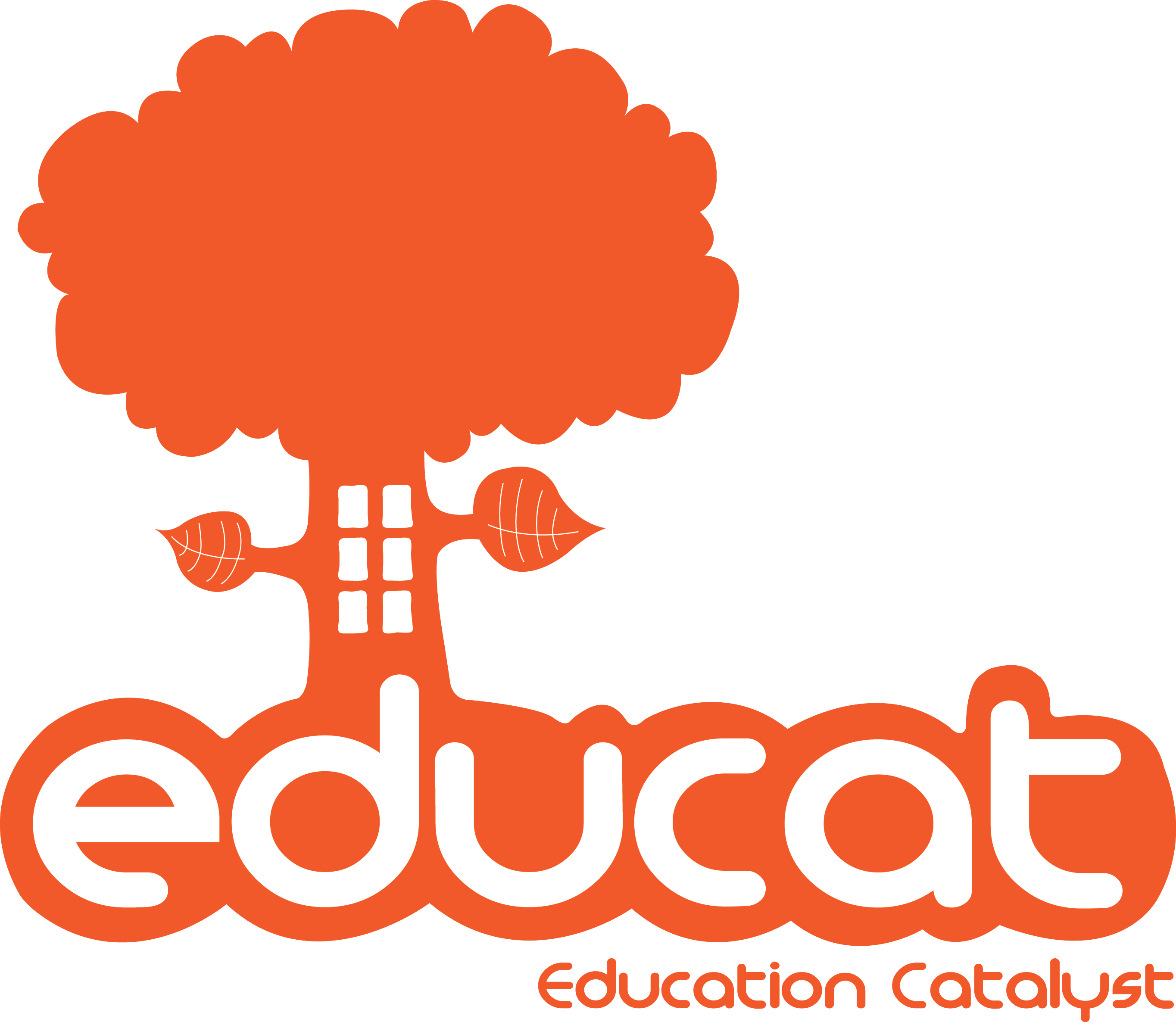 Type: NGO
Type: NGOWebsite: www.educat.dk
Works with: Start-ups and established
Accelerating entrepreneurs in Rwanda
Educat works to support existing small and medium sized enterprises (SMEs) to grow their businesses through coaching, mentorship, access to finance and post-finance support. Currently being developed is their Business Accelerator Program, which will help startups as well as established businesses to grow. The program has three phases of around 3 months each, tailor-made to fit the situation of the individual business. The first phase is for newly started businesses wanting to expand, the second helps companies get ready for an investment or a loan, and the last phase is for companies who have received an investment or a loan and need support with managing it. The companies pay a fee to participate in the program, but it is also subsidized through donors and sponsors.
Besides the accelerator program, Educat organizes a yearly competition where start-up businesses can win seed capital, The Rwanda Entrepreneurship Award. After an initial application round, 10 businesses go through an extensive training and pitch their businesses in front of a panel, which will select three winners. The winners receive seed capital and access to mentorship to boost their businesses.
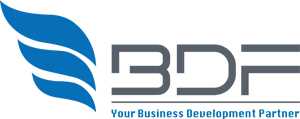 Type: Business
Type: Business Website: www.bdf.rw
Works with: Pre-entrepreneurship support, start-ups and established businesses
The Business Development Fund (BDF) is a public limited company initiated by the government of Rwanda and the Development Bank of Rwanda with the mandate to facilitate SMEs in accessing finance and give advisory services throughout the country. They do this by providing guarantees between 50%-75% of the total loan approved by financial institutions to SMEs without enough coverage and through a number of matching grants especially supporting the agricultural sector as well as women and youth. BDF’s mandate was derived from the national SME development policy , and BDF also implements the National Employment Program (NEP), which aims at creating 200,000 off farm jobs per year. BDF is mandated to decentralize all its services through the kora wigire centres (BDF branches) across the country.
Besides financial support, each BDF office countrywide also offers different advisory services and facilitates clients to develop solid business plans with trainings on how to start and improve your business (SIYB) www.ilo.org/siyb, with a conducive business environment and infrastructure as well as business computer labs, where anyone can access IT and internet facilities.
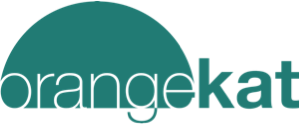 Type: Business
Type: Business Website: www.orange-kat.com
Works with: Established businesses
Being the private, for-profit entity run by Educat, OrangeKat, offers consultancy services and business development support to companies, organisations and government institutions. They focus on business development, strategy, and the creative industry through human-centered and approaches to solve problems, implement ideas, and support businesses to grow. As a for-profit-for-benefit company, all OrangeKat’s profits are injected into Educat programs benefiting entrepreneurs and the development of the private sector.
OrangeKat is the publisher of The Accelerator Magazine, a quarterly business and entrepreneurship magazine advocating for, discussing and promoting the private sector development, business and entrepreneurship in Rwanda.
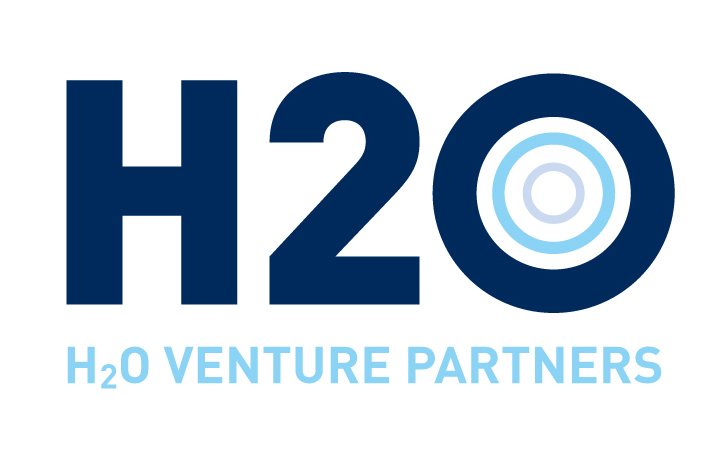 Type: Business (supported by DFID)
Type: Business (supported by DFID) Website: www.h2ovp.com
Works with: Startups
H2O is building profitable, high-growth, high-impact agricultural ventures in East Africa. They work across the region and have established a Kigali-based team of entrepreneurial business development managers who are working on a variety of projects that benefit from strong engagement with international agricultural research partners, especially from the UK.
H2O has offices in the UK and in Rwanda and was established in 2012. Their model is different from other entrepreneurship support organizations. They do not incubate, accelerate or in any other way support third-party entrepreneurs, much less write cheques for third party businesses. Rather, they run a highly creative, in-house process of ideation, market research and business planning to originate their own start-up business plans, which are then potentially funded by their network of investors. They do this in order to create a pipeline of ambitious, scalable businesses that put impact first but with a well-validated business model and talented management.
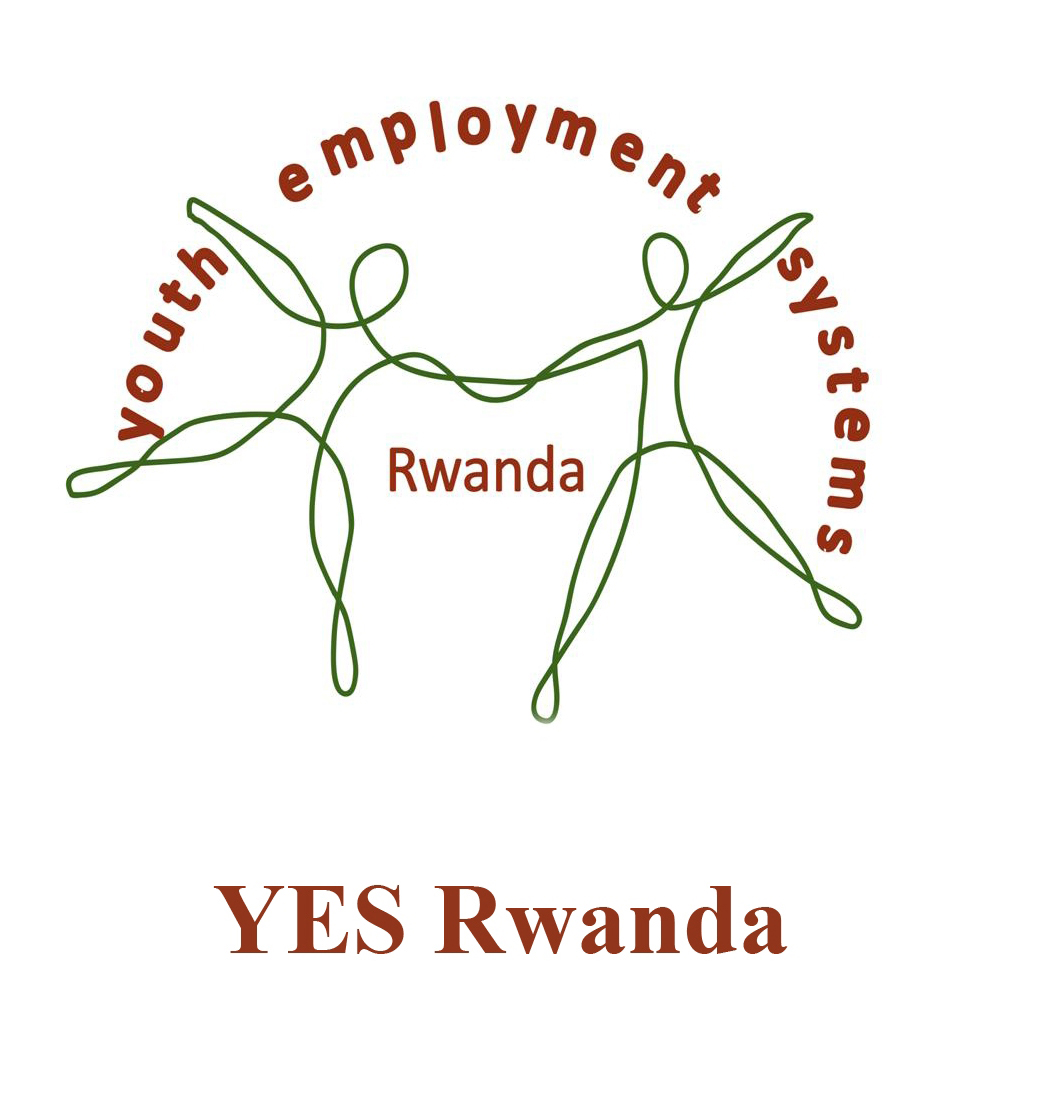 Type: NGO
Type: NGO Website: www.yesrwanda.org
Works with: Pre-entrepreneurship support, startups and job-desk
YES-Rwanda runs a program called Business, Entrepreneurship and Development. In this program, young people attend a one-week training after which they are split in groups of 10, which form cooperatives based on their interest and business ideas. The beneficiaries are youth below 35 years from all over Rwanda. They are selected through the local leaders at sector level who identify vulnerable youth, who have either dropped out of school, are unemployed or work in the informal sector.
The training focuses on financial management, cooperative management and general business skills. After the training, the groups start saving and when they are ready, YES-Rwanda helps them start their business. The training runs three times a year with around 150 participants each time. Some university students and graduates have participated in the training and have formed their own group. Some of them also volunteer to help the other cooperatives.
YES-Rwanda also manages an online job-desk (http://www.yesrwanda.org/jobs/), where graduates can post their CV and look for employment.
 Type: NGO
Type: NGO Website: www.springaccelerator.org
Works with: Startups
SPRING Accelerator is an incubation program for entrepreneurs whose products or services could transform the lives of adolescent girls. Currently, SPRING is present in Kenya, Rwanda and Uganda, but seeks to expand to more countries. To be eligible to apply for the Spring Accelerator, entrepreneurs need to have been in business for minimum one year and be operating in Rwanda to join the program, which charges no fees nor takes any equity. The selected participants, this year five from Rwanda, go through an extensive 9-month accelerator program. The program includes seed funding of up to 80,000 USD, intensive training, mentorship, networking opportunities, technical business support and investment support.
 Type: NGO
Type: NGO Website: www.brightfuturelines.net
Works with: Pre-entrepreneurship support
Bright Future Cornerstone provides collaborative and adaptive learning for success in the area of Leadership, ICT and Entrepreneurship to children and young people to fully explore and exploit their potential of contributing to their personal development and their communities for a better way of living.
Bright Future Cornerstone was launched in 2012 and focuses on training students at universities and secondary schools in leadership, empowerment and entrepreneurship. Trainers are fresh graduates or professionals who go through a Training of Trainers program and then train and mentor others on a voluntary basis.
 Type: Global Youth Organization
Type: Global Youth Organization Website: www.aiesecrwanda.org
Works with: Pre-entrepreneurs
AIESEC is a World Youth Leadership Organization with presence in 127 countries and territories. Having been in Rwanda for 9 years, their main focus is to develop entrepreneurial social responsible young leaders. AIESEC develops leadership through its cross-cultural exchange and team programs. Since 2006 AIESEC Rwanda has sent 50+ Rwandans abroad for an intensive leadership experience on both paid and volunteer-based internships, while international students came to do internships in Rwanda.
The organization runs different projects tackling social issues such as education, environment, health, and finance. Their micro-enterprise project is one of their projects with highest impact, delivering entrepreneurship knowledge and skills to University students. Currently, the training runs at Kigali Institute of Management (http://www.kimrwanda.com/), and there are plans of expanding to Huye, Musanze and Independent University of Kigali-ULK (http://ulk-kigali.net/). The program runs in partnership with TecnoServe (http://www.technoserve.org/).

Business Development Center (BDC) - Rwanda
Type: BusinessWebsite: www.bdcrwanda.com
Works with: Start-ups and established businesses
BDC (short for Business Development Center) is an initiative of Regent University (http://www.regent.edu/) in cooperation with the Government of Rwanda, to train and support entrepreneurs to build successful businesses. BDC also operates in several countries, among them Uganda, India, South Africa and Nigeria. It opened its operations in Rwanda in 2010. They offer a 14-week training program that combines academic approaches with practical experience. The training program is certified by Regent University and runs three times a year with 15-25 participants in each cohort. After graduation, the participants enter into the BDC community where they get access to a distant mentor within their field, peer mentoring, possible investors and other services. Through BDC Rwanda’s extensive network, they are able to attract high-quality lectures as well as business people and investors from around the world. The course fee is 300,000 Rwf, but BDC offers a limited number of partial scholarships per cohort for those with a demonstrated need of financial assistance. BDC targets all entrepreneurs who want to have a world-class knowledge, expertise, and connections to grow successful businesses; some of the participants are students or fresh graduates and most of them are already in business while a minority comes with just a idea. Applications are accepted online at www.bdcrwanda.com/apply on a rolling basis. Next training program starts in February 2016.
Besides the training program, BDC Rwanda also offers customized trainings and consultancies to other organizations for a lower fee than other consultants usually do. They do also create several other interesting opportunities for individual entrepreneurs. Recently, BDC arranged the first edition of the Rwanda Investment Expo (http://www.regententrepreneur.org/news/upcoming-events/investmentexpo), which connected promising Rwandan businesses to investors from the US. 94 entrepreneurs pitched their idea in front of investors who had shown interest in them beforehand. The next this annual Investment Fair is expected in May 2016.
